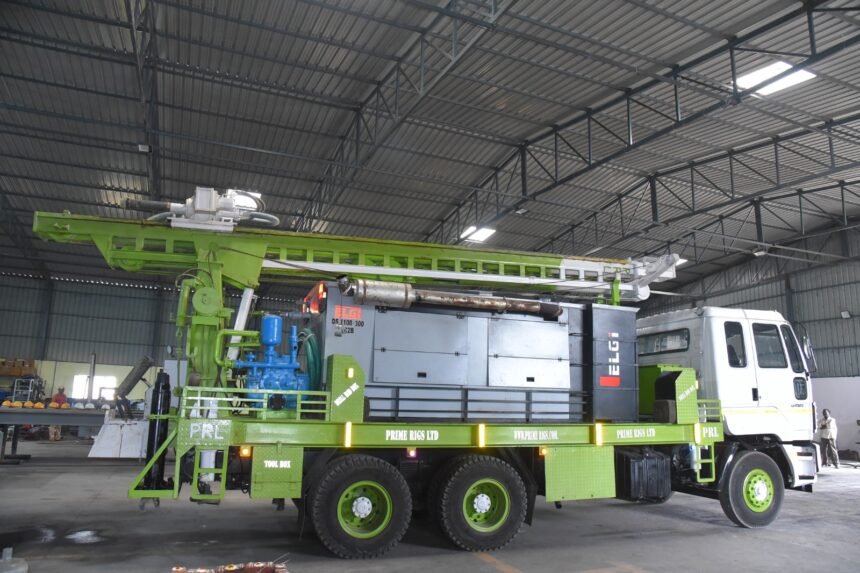Borehole drilling machines are indispensable in managing water resources because it becomes possible to access underground supplies through them. With the ability to dig deep into the earth, these machines make boreholes so that they tap into aquifers, guaranteeing a constant supply of water for drinking, irrigation, and industrial use. However, borehole drilling machine manufacturers design equipment to help efficiently access underground water. With the growing demand for clean and reliable water sources, boring machines have become an important tool in finding a solution to the hitches in water provision.
The importance of borehole drilling machines in water resource management
Borehole drilling is one of the ideal ways out in arid or semi-arid regions suffering from acute water shortages. The following are the top importance:
- Access to underground water sources: Borehole drilling machines have been important in accessing underground water, the only available water source in most regions. Where surface water is non-existent or undependable, groundwater may be available as a substitute that will last. Boreholes can tap into deep aquifers and provide clean and steady water supplies, especially in rural or arid regions. Moreover, this will ensure that even in places with low rainfall, some communities still have access to potable water.
- Sustainability and long-term water supply: Boreholes are considered sustainable methods of water resources management because they would serve for a long time. Unlike surface water, which may be easily affected by drought or contamination, the groundwater obtained from a borehole is generally protected through layers of soil and rock. The drilling process creates a controlled water supply that can naturally replenish through rainfall and proper aquifer management. Boreholes are, therefore, seen as a reliable source of water.
- Improved water quality and safety: The most important benefit of the borehole drilling process is access to clean and safe water. Most boreholes yield water free from surface contaminants, such as bacteria and other usual pollutants common in bodies of water. The soil and rock layers act as a natural filtration system, contributing to water purification while it travels toward the borehole. As a result, boreholes often deliver higher-quality water that requires less treatment than surface water, making it ideal for drinking and irrigation.
- Reduction of water stress: The world is grappling with global water stress, affecting many individuals. With borehole drilling machines, a bit of stress from the ever-increasing demand brought by rapid population growth. Such machines have opened new water resources, thereby lightening the burden on those already being exploited. Boreholes are involved in water supply for domestic use, agriculture, and industries in urban and rural areas, reducing overdependence on centralized water supply systems.
- Economic and development benefits: Borehole drilling machines offer important economic development to several nations by providing water supplies for agriculture and industry. In agriculture, reliable water supplies are especially assured, particularly for areas with agricultural livelihoods. Moreover, farmers with a borehole can maintain irrigation systems, even in the dry season, ensuring that crops thrive and livestock have adequate water supplies. This would foster food security, higher productivity in agriculture, and good local economies.
Final words
To sum up, these are crucial in using underground water resources for drinking, irrigation, and industrial purposes. It ensures effective and precise drilling, thus availing clean water in almost every other place devoid of adequate surface water. Moreover, well drilling equipment manufacturers ensure that machines are quality, durable, and suited for the water resource management project. The machine ensures appropriate water management systems to ensure adequate supply over time.







